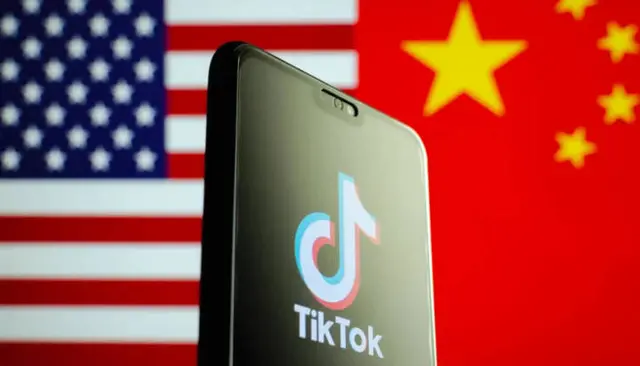By APD writer Alice
In a move to increase trade tensions between the world's two leading powers, US President Donald Trump signed two decrees to ban all organizations and individuals in the country from making transactions with Chinese firms Bytedance, which owns TikTok video sharing platform, and Tencent, mother company of WeChat messaging and calling app.
Earlier, US Secretary of State Mike Pompeo said that the authorities intended to cancel the licences of China Telecom and some other Chinese telecom operators in this country. In addition, he announced to expand the "Clean Network" program on a large scale to pull Chinese companies out of the US market.
The "Clean Network" program was launched in April 2020, initially applying restrictions on the use of equipment by Huawei and other Chinese suppliers in building 5G networks in the US. However, the restrictions currently apply to all Chinese telecom and technology companies.
Under the program, the "clean network" operators will not welcome the connection between the Chinese telecom operators and the US telecommunications networks. This means that China Telecom and other Chinese operators cannot operate in the US.
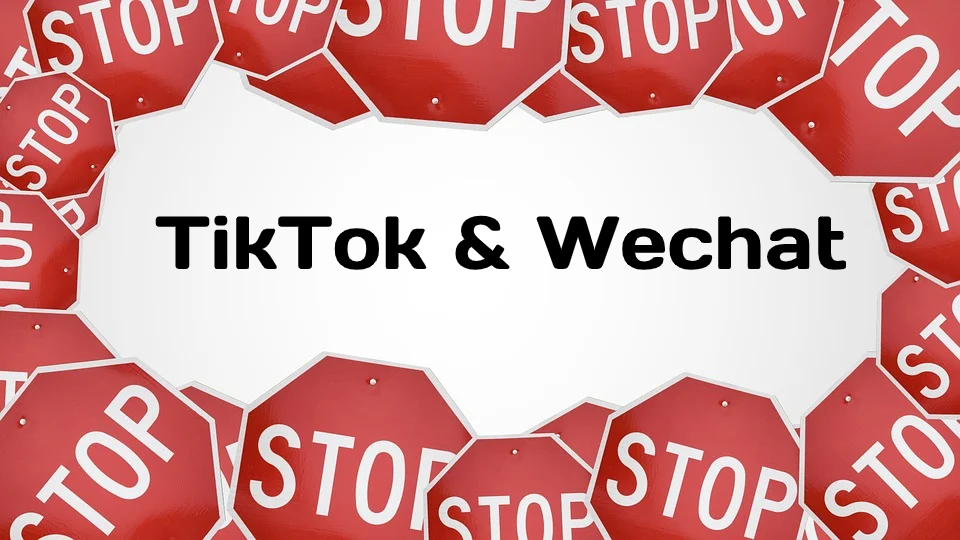
It seems the US authorities decided to delist the Chinese companies. The Chinese Foreign Ministry protested and declared that the US's suppression and prevention of Chinese high-tech businesses through the abuse of state power was an act of bullying.
It was previously reported that negotiators of the two countries will meet soon to discuss the results of the implementation of the first stage trade agreement between the US and China. However, while the trade war shifts to finance and technology, the implications of the first stage deal and prospects for signing a new deal remain a question.
Mentioning this issue, expert Su Hao, director of the Center for Strategic and Peace Studies at China Foreign Affairs University, said there is still a chance to reach a trade agreement. Since the signing of the phase one agreement, the world has faced the COVID-19 pandemic. The US and Chinese markets and the global trading platform, all started to decline. China and the US must evaluate the initial results of the first phase agreement. In addition, the two sides can discuss the current economic situation and their trade relations.
He said he hopes that the negotiators of the two countries will take a more reasonable approach to developing economic relations.
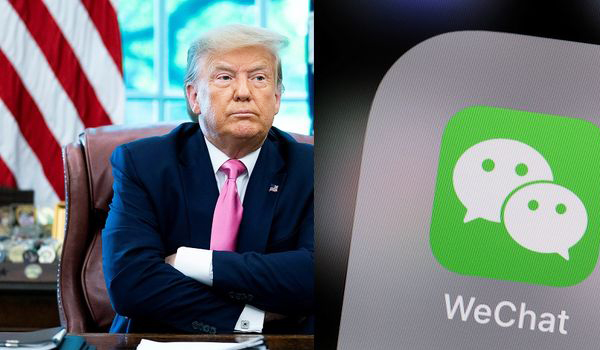
A few months ago, President Donald Trump announced he was not interested in negotiating a trade deal with China. Now, the features of a completely new US policy toward China are looming. By all accounts, Trump has chosen the tactic of exerting maximum pressure on China as the trump card in his reelection campaign.
While the US faces its worst economic recession in decades, the COVID-19 epidemic is stifling the economy and the American society is divided due to protests, Trump seems to have only one option of blaming China to show voters that he takes a tough stance in the fight against Chinese expansion.
However, the problem is that a few weeks before the US presidential election is quite a short time, and the measures taken now will have much more serious and lasting consequences. First of all, these measures will affect Chinese companies. After the US announced the executive orders, Tencent shares in Hong Kong fell 9%.
Bytedance is also facing difficult choices. Selling TikTok means transferring to others important intellectual property, including artificial intelligence (AI) algorithms, while this is the company's primary competitive edge. If it does not follow the US’s instructions, this company will suffer serious financial losses because without key markets, TikTok will lose its value.
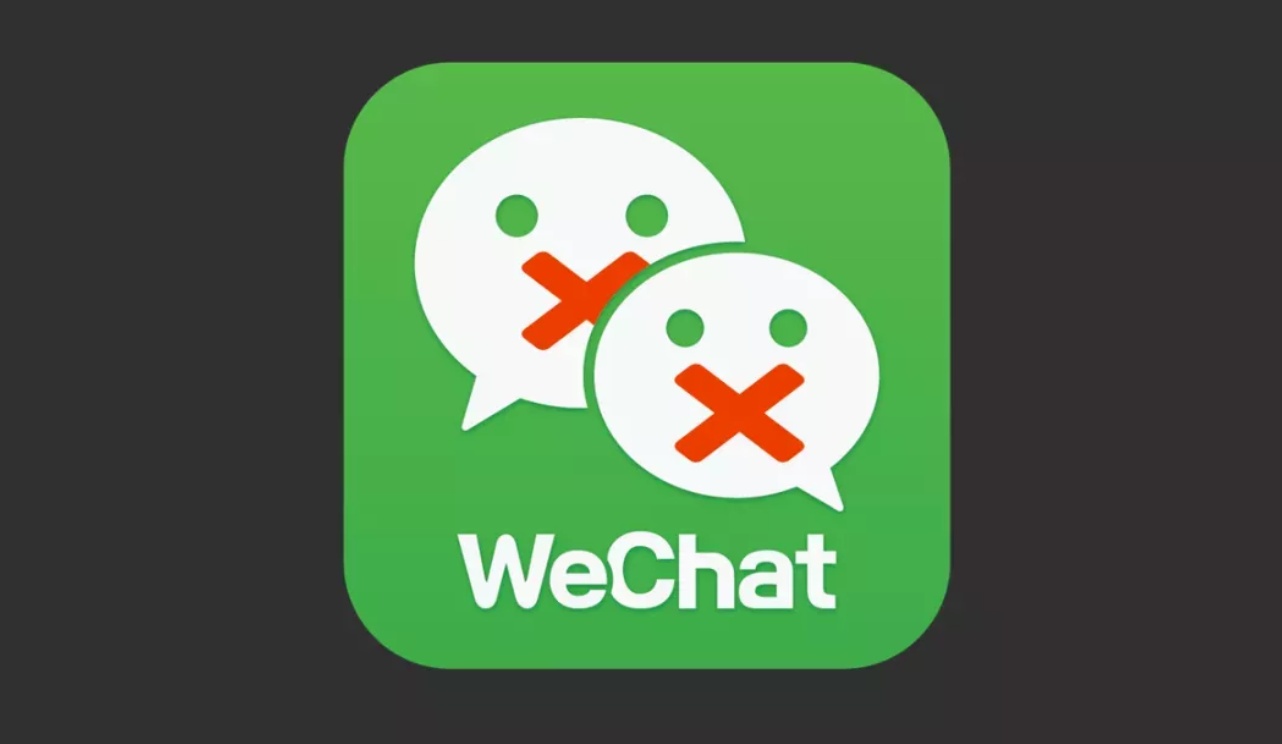
According to experts, the US ban on WeChat could also hurt US companies in Chinaas they rely too much on the app.
Li Chengdong, a technology expert in Beijing, said if the ban applies to American companies doing business on WeChat, the damage to US companies such as Walmart and Starbucks will be greater than those on Tencent.
WeChat is a mobile application that integrates services such as Faceboook, WhatsApp, Instagram and Venmo. This super app is currently widely used in everyday life in China and currently has over 1 billion users.
American brands, big to small, like Nike, KFC, Starbucks or Amazon all use small apps embedded into WeChat to make transactions and lure consumers in China.
"Tencent's revenue from small apps for Walmart and Starbucks is very small compared to its domestic video game revenue," Li said. So, he said, the US ban would have a significant effect on Walmart and Starbucks as they are much dependent on Tencent.
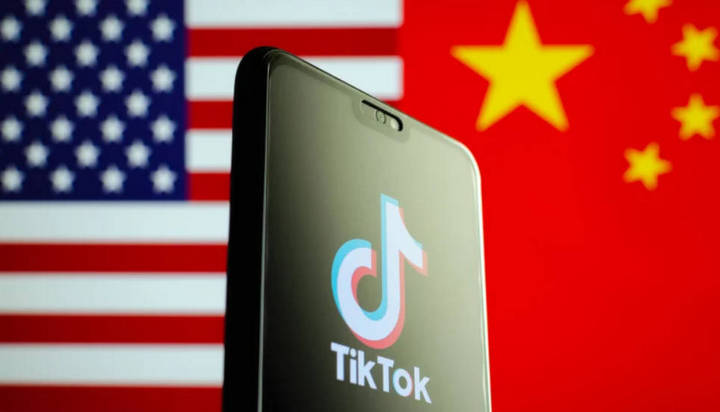
Meanwhile, even if the situation does not develop under the toughest scenario, these bans will complicate the daily lives of a large number of Chinese living in the US who use WeChat as a primary means to contact their relatives, friends and partners in China.
Most importantly, the current actions of the US are making the relationship between the two countries increasingly difficult to improve. At this moment, it is difficult to forecast the outcome of the US presidential election. However, it is clear that in the near future, the relationship between the two countries will not return to normal.
Expert Su Hao commented: “If previously the US-China relations could be considered normal, now I can say that the bilateral relationship will not be restored to the previous state. Currently, the ties between the two countries is in a period of fierce confrontation and is likely to continue”.
US measures against Chinese mobile apps are a new step in curbing China, he said, adding that as the US election is coming, the Chinese issue often becomes a means of attracting votes.
According to polls, President Trump is lagging behind his opponent, and he wants to regain the advantage with the anti-China rhetoric to build an effective media campaign. Now it is not certain whether Trump can win the election.
In the long-term outlook, Washington may go too far in containing Chinese companies and by this way it unintentionally provides great support to China politically. Because programs like the "Clean Network" are ideologically contradictory with the concepts of open market, democracy, free values and the free Internet - all that the US has defended and promoted to the outside world for decades.
Taking administrative measures, Washington ordered which apps and what content on the Internet domestic consumers to use and which companies to cooperate with.
These measures are not new to China. To protect national security based on the sovereignty principle of cyberspace, Beijing has limited locals’ access to international websites as well as restricted foreign companies from accessing and entering the Chinese market.
And now, the US, by its actions, is unintentionally proving the legitimacy and necessity of China's approach to global network governance.
(ASIA PACIFIC DAILY)
 简体中文
简体中文

